How to Get a Strong Letter of Recommendation
Need a letter of recommendation for your college applications? Not sure whom to ask, or how? No worries—getting a good letter of recommendation comes down to a few simple steps.
For the best possible letter of recommendation, choose a teacher who knows you well and can write something positive about you, and give them all materials they need and plenty of time to write the letter.
More advice for getting good letters of recommendation below. For even more help with the college admissions process, including standardized tests, consider taking an SAT prep course or ACT prep course with Prep Expert.
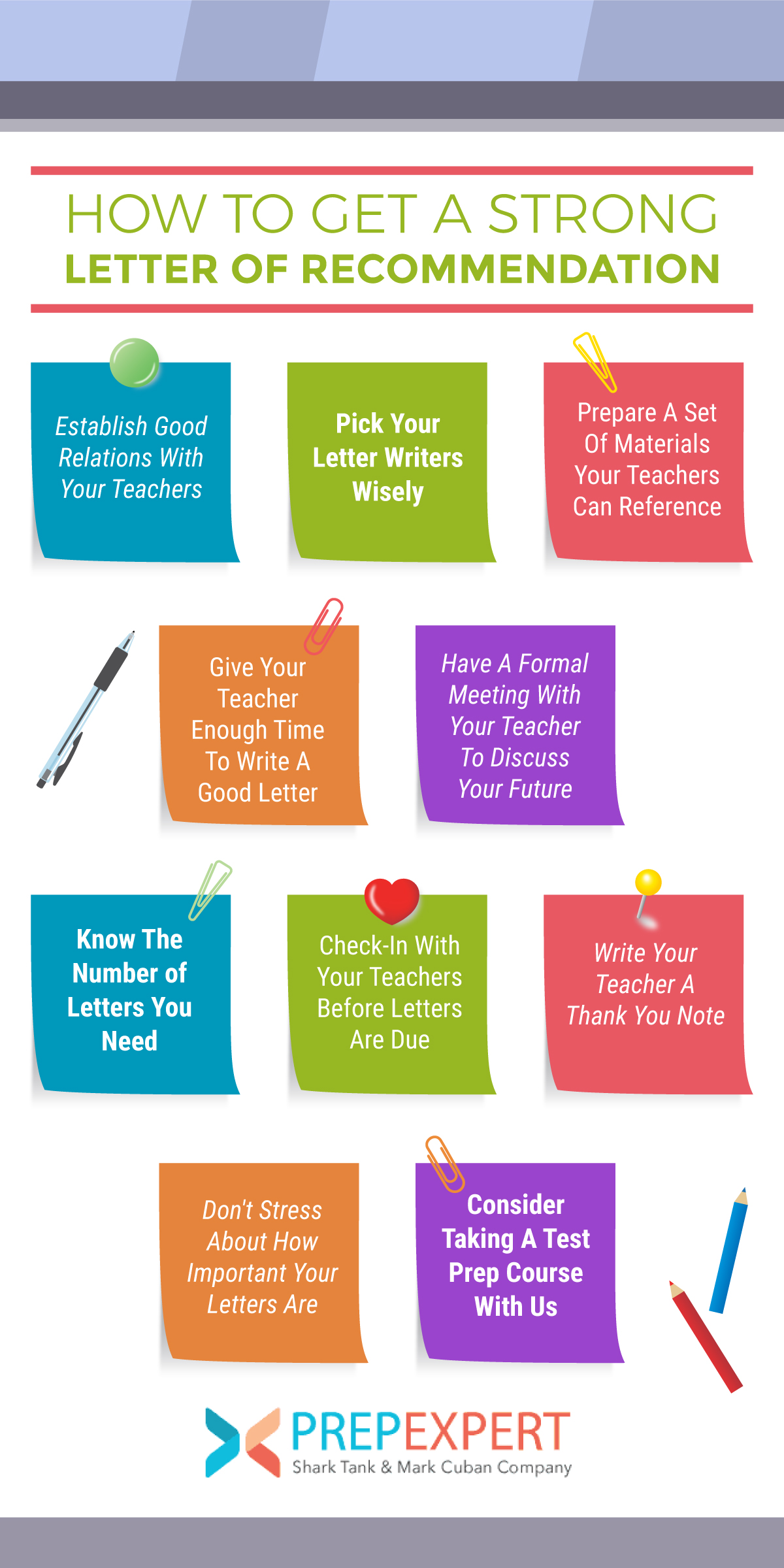

Establish Good Relations With Your Teachers
You’ll get a better letter of recommendation if you’ve been the type of student a teacher likes to have in class—well-behaved, motivated and industrious.
Make a consistent effort during your high school years to leave a good impression with your teachers. This means good attendance and behavior in class, lots of class participation, and of course, good grades.
You should also make an effort to get to know your teachers outside the classroom, whether through community service, sports, or extracurricular activities. The better your teachers know you, the better letters of recommendation they can write.

Pick Your Letter Writers Wisely
Ask teachers who know you from both inside and outside the classroom, and can write a specific and personal letter of recommendation.
The best teacher to ask for a letter of recommendation is one who has had you in their class recently and knows you in some context outside of class too. So, it’s best to select a teacher from your sophomore or junior year, who also coaches one of the sports teams you participate in, or perhaps advises one of your extracurricular clubs or activities.
It’s possible to ask a teacher you had earlier on in high school if you’ve made an effort to keep up with them after you’ve finished their class.
Admissions committees receive and read thousands of letters of recommendation per year, and most of them are boilerplate. So, the more personal and specific your letter of recommendation is, the more of an asset it will be to your application. Your teachers can only write this kind of letter if they truly know you!
The same goes for guidance counselors. Many colleges require a letter of recommendation from your guidance counselor—and most students hardly know their guidance counselor at all. So, making an effort to get to know yours will result in a more personal and useful letter of recommendation.

Prepare A Set Of Materials Your Teachers Can Reference
Have a file with your high school transcript, resume, and sample of your graded work ready for your teacher to reference when they write your letter of recommendation.
Your resume should list your sports and extracurricular activities, as well as any volunteer work or awards you’ve won. If you have any work experience, include that, too.
Occasionally, teachers will ask you to write a rough draft of the letter of recommendation you’d like, which they can then edit as they see fit. Although it’s best if your teacher writes the letter entirely on their own, if you’re asked to do this, be sure you include all the points you’d like your them to make.
Another crucial thing to include in your file is a list of due dates and instructions on how to submit the letters of recommendation. Since most schools use the Common Application, your teacher will probably have an account he or she uses to submit your letter online. But, if the submission process varies at all for a particular school, make sure you let your teacher know.
Give Your Teacher Enough Time To Write A Good Letter
If your teacher has to write you a letter of recommendation at the last minute, it’ll be mediocre.
So, give your teachers six weeks or more to write yours for you. Giving your teacher more time than this is even better. A good idea is to ask your teachers at the beginning of your senior year before papers are assigned and tests are given when they’ll be less busy.
Asking early will also put you in line ahead of your other classmates—if your teacher gets too many requests for letters of recommendation, they might start saying no when asked.

Have A Formal Meeting With Your Teacher To Discuss Your Future Goals
Sit down with your teacher to discuss your goals in life and your college aspirations, in order to help them write a more specific letter of recommendation.
Discuss what schools you’re applying to, what you’re hoping to study, what you’ve most enjoyed about high school, what you’re most excited about for college, et cetera—information like this will inform your teacher about your plans for the future, and help them write a more specific letter of recommendation.
For example, if you’re hoping to study history in college, your teacher might mention an exceptional history paper you wrote, or write about your obvious passion for the subject.
And, getting a chance to know a little more about you—remember, your teacher has lots of other students—will make your them more invested in your future success, which will result in a better letter of recommendation.
Remember—some teachers might not have time to sit down and talk with you, but many others will appreciate the opportunity, and gladly spend some time getting to know you better.
Know The Number of Letters You Need
You’ll most likely need two letters of recommendation, but some schools require more, so do some research and find out.
There are some pesky schools out there that will require three letters of recommendation. Others will require specific types of letters of recommendation—perhaps one from an academic instructor, another from a coach or an extracurricular advisor, or one from a supervisor at an after-school job or volunteer activity. Recently, some schools are asking for an optional peer recommendation—a letter from a classmate or a friend.
Don’t be caught unawares, learning only days before the application deadline that you’re missing one of these letters. Make a spreadsheet of all the colleges you’re applying to, along with their various requirements (in addition to recommendations, list things like financial aid application deadlines, required standardized testing and application fees, et cetera), and then stay on top of everything.
[leadmagnet_five]
And, just in case your preferred recommenders are too swamped with work or other obligations to write your a letter, make sure you have backups in mind. If you’ve had a successful high school career, you should have plenty of teachers who are willing to write a letter for you.

Check-In With Your Teachers Before Letters Are Due
You should check in with your teachers a few weeks before the application deadline to make sure your letter will be submitted on time.
Whether you’re applying Early Decision/Action or Regular Decision, make sure you check in with your teachers before these deadlines to ensure they get the letter written and know how to submit it. Teachers are busy people, with lessons to plan, essays to grade, and other letters of recommendation to write.
So, a polite reminder two or three weeks before the letter is due is a good idea. The Common Application has an online feature that shows whether or not your letters have been submitted—so, this is a good way to figure out which teachers you need to check in with if any.
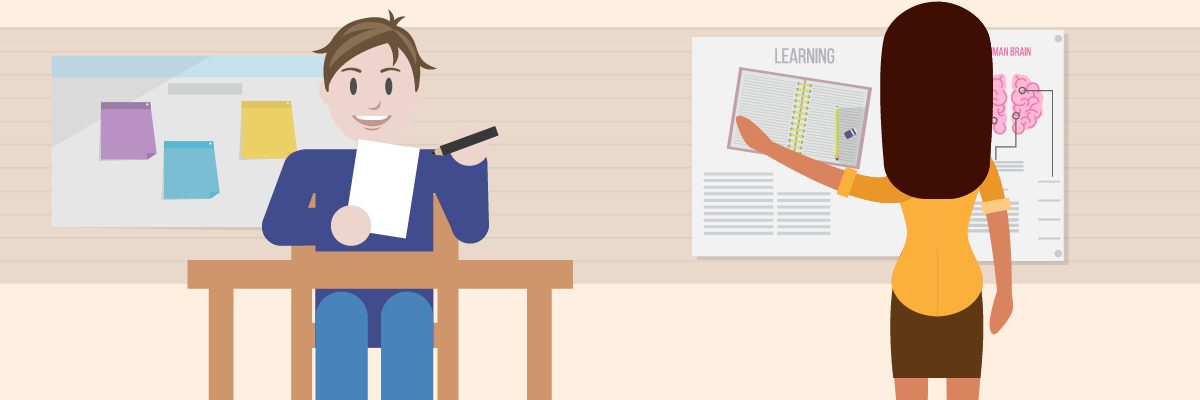
Write Your Teacher A Thank You Note
After your application is submitted, show your appreciation for your teacher’s effort by writing them a thank-you note—you never know when you’ll need another favor.
Aside from being a nice thing to do, you never know when you’ll need to ask your teacher for another letter of recommendation or other favor in the future. So, make sure that you let them know that their time and effort are appreciated.
Remember, teachers aren’t obligated to write these letters for you—they only do so because they care about you and want to see you succeed at meeting your goals.
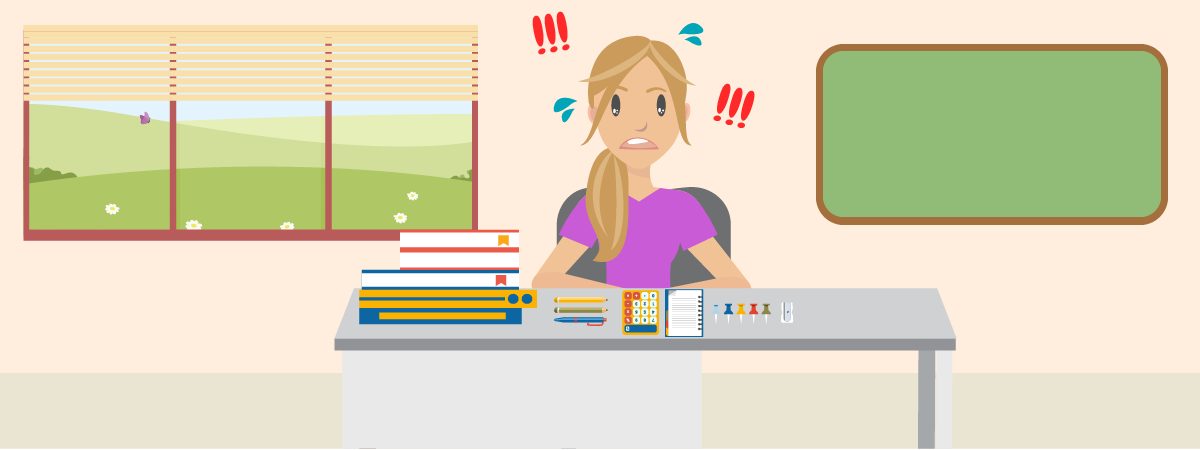
Don’t Stress Out About How Important Your Letters Of Recommendation Are
Remember, these letters won’t make or break your chances of admission—GPA and test scores are still the most decisive factors for college admissions.
The only things that will have a true impact on your competitiveness in the college admissions game are your GPA and test scores. So, don’t be too stressed about getting perfect letters of recommendation—just make sure that you have them, and that they’re submitted on time.
[leadmagnet_two]
Letters of recommendation are simply a nice addition to your application, to give admissions officers more insight into your background and personality. At schools where you’re already very competitive, they might make a slight difference—but again, remember that your test scores and GPA are almost always the deciding factors.

Consider Taking A Test Prep Course With Prep Expert
If your test scores are lower than you’d like and you still have time to re-take them before your college applications are due, an ACT prep course or SAT prep course with Prep Expert could be just the help you need.
Prep Expert’s top-notch instructors have all earned perfect scores on these tests and will equip you with knowledge and strategies that can help you boost your score dramatically. So, if this sounds like it might be the right choice for you, check out the Prep Expert website or give us a call.
For more test strategy, college admissions, and scholarship application tips sign up for our FREE class happening right now!
Written by Dr. Shaan Patel MD MBA
Prep Expert Founder & CEO
Shark Tank Winner, Perfect SAT Scorer, Dermatologist, & #1 Bestselling AuthorMore from Dr. Shaan Patel MD MBA
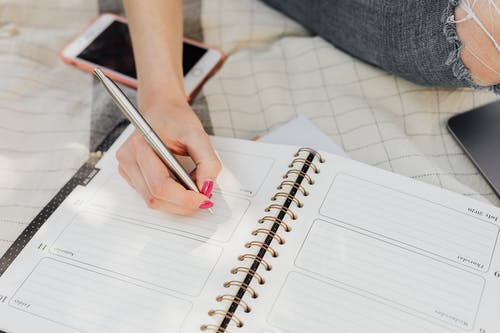
How to Get Into Stanford: Breaking Down Stanford Admission Requirements in 2024
Applying to college is overwhelming no matter what schools are on your list, but you might find yourself sweating a…
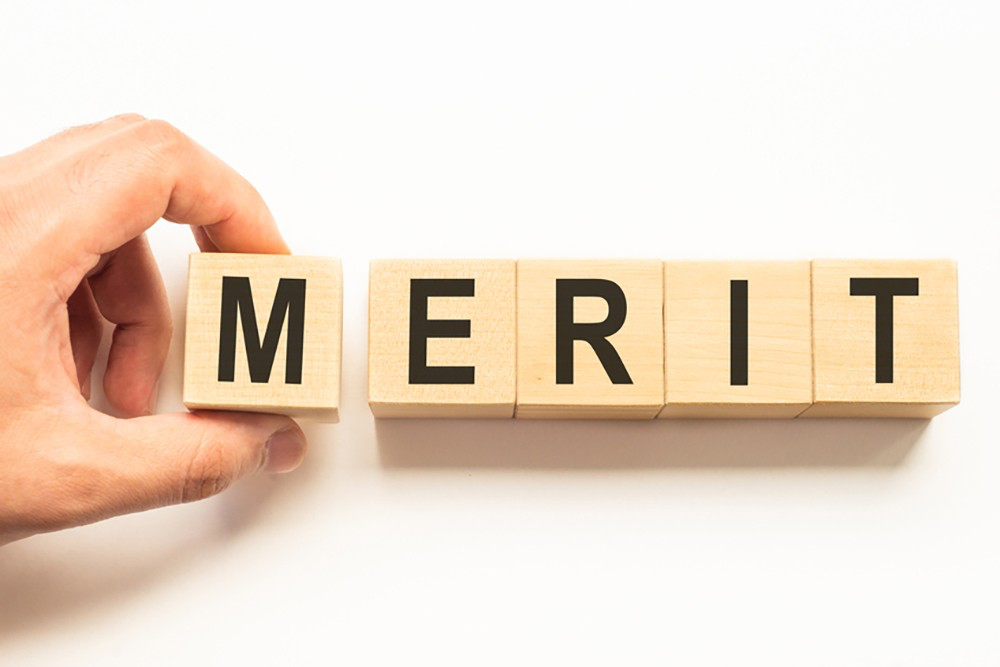
Why DEI is Destroying Meritocracy and How MEI Can Save Us
In recent years, Diversity, Equity, and Inclusion (DEI) initiatives have become a cornerstone of many corporate and educational policies. While…

Should I Take an SAT Prep Course?
If you’re getting ready to take the SAT soon, you might be wondering whether or not you should enroll in…